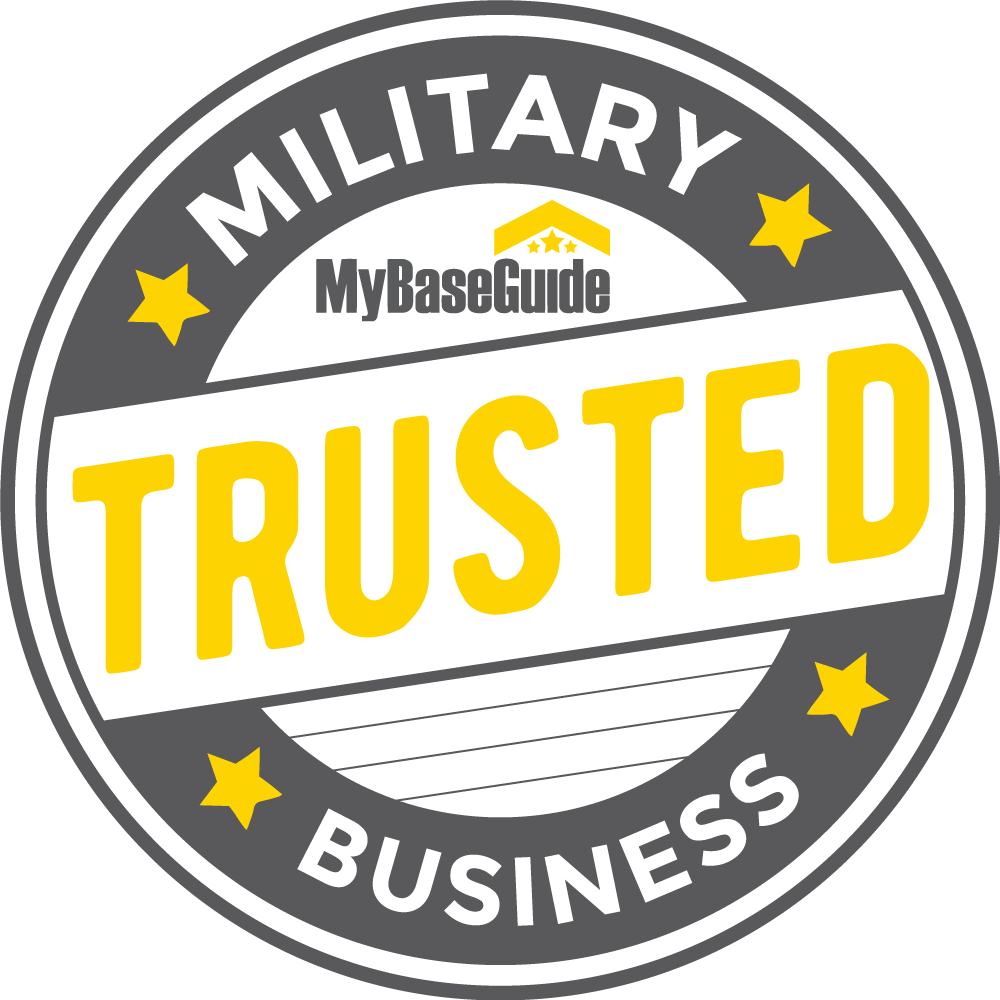
One of the most common kinds of sleep disorders is insomnia. It can be acute or chronic, and most people struggle with acute insomnia at some point (such as jet lag). Even though just one bad night of sleep can negatively affect you, the real trouble comes with long-term insomnia. At the TMS Institute of Arizona, we offer a variety of TMS protocols to help with chronic insomnia. For years, the gold standard in treating insomnia was medication. Today, cognitive behavior therapy for insomnia, or CBT-I, is fortunately on the rise but TMS offers yet another non-invasive option that can work in conjunction with CBT-I.
Transcranial magnetic stimulation (TMS) works by stimulating the parts of the brain that may cause depression, anxiety, or other co-morbid disorders that can cause or exacerbate insomnia. It’s a painless treatment that takes just a few minutes per cycle. Although TMS doesn’t technically “cure” insomnia, since insomnia is often caused by other factors, it can help lessen the disorders that are making sleep so challenging. When you get control over your anxiety, depression, eating disorder, OCD, PTSD or so on, you’re going to get better sleep. The body is holistically connected, for better or worse.
Sleep and Depression
Unusual sleep is a major symptom and sign of many types of mental disorders, including depression. Depression coupled with sleep problems can seriously affect a person’s quality of life—and increase the risk of suicide. Oftentimes, medications are prescribed for both sleep disorders and depression, but finding the right fit can be difficult. Side effects commonly occur with these medications, and this can make patients discontinue their treatment. TMS is an option for those who want a non-medication, non-invasive therapy that is quick and effective.
Many studies have been undertaken to see how TMS helps not only with mood disorders like depression, but also sleep. Some studies show that there is a connection between TMS and sleep improvement. One of these studies, from 2013, included 60 participants and found that TMS “substantially improves depression and sleep quality of patients with comorbid major depressive disorder and insomnia.” During this study, the quality of sleep, time for falling asleep, how much sleep the person enjoyed, and how they functioned the next day all improved after a standard TMS course.
Another study of 13 patients, each diagnosed with bipolar or unipolar depression, underwent 20 daily sessions of TMS therapy. The goal was to see if TMS has an effect on insomnia, which was reported by 83 percent of these patients. The study found that the total depression score decreased drastically after their treatment. Finally, a study of 120 patients diagnosed with chronic primary insomnia—meaning insomnia was their first and only or most disturbing disorder—revealed that “TMS treatment significantly better-improved stage III sleep and REM sleep cycle compared with two control groups.”
TMS for Better Sleep
If you struggle with insomnia, whether or not you have been diagnosed with a mood disorder, TMS may be able to help. After reviewing numerous studies, doctors agree that there is a positive real-world impact of TMS on quality of sleep. One team of researchers stressed,
TMS treatment is more advantageous than both medication and psychotherapy treatments in improving sleep architecture. Further, TMS significantly decreases the body awakening level and provides a better long-term treatment effect.
There are not many contraindications for TMS therapy, although those with certain kinds of implants may be disqualified. The first step in finding out if TMS can help you with your sleep disorder is to schedule a consultation.
TMS Types
We offer standard, advanced, and express TMS therapies so that you can fit this program into your lifestyle. You may be able to complete your therapy in as little as 10 days. Results can last for several months and future TMS treatments to extend and sustain results are possible. To find out more and book your consultation today, get in touch. Call the TMS Institute of Arizona during business hours or, for the fastest response, complete the online form right now.













